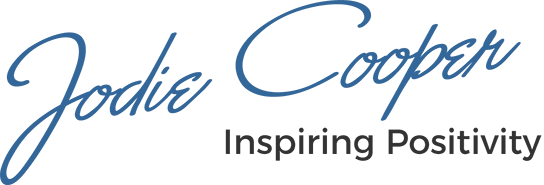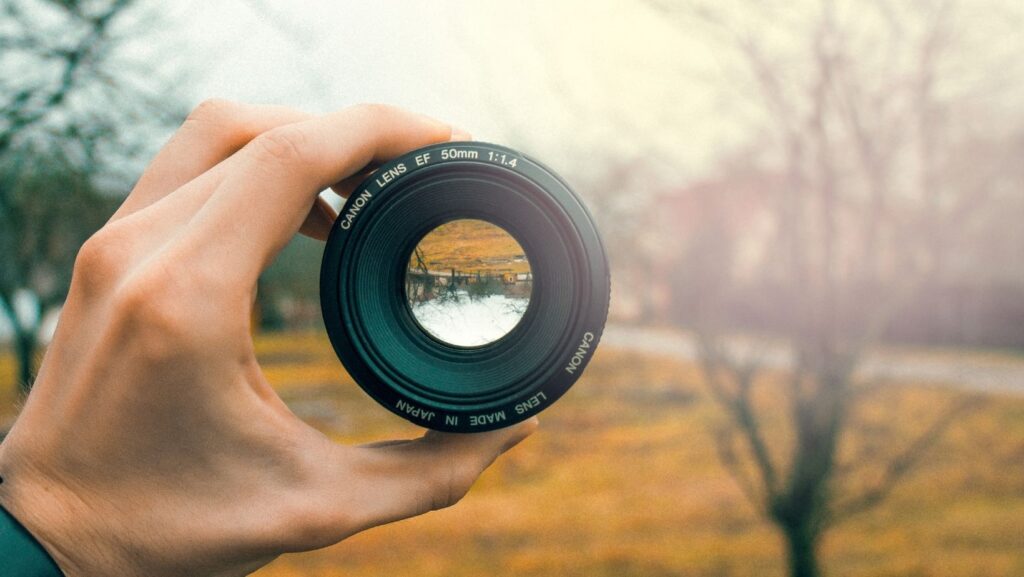 After reading ‘Stolen Focus’ by Johann Hari, I’ve realised it’s not just my opinion, there’s a massive amount of research out there pointing at the same things. Most people can’t focus.
After reading ‘Stolen Focus’ by Johann Hari, I’ve realised it’s not just my opinion, there’s a massive amount of research out there pointing at the same things. Most people can’t focus.
While travelling, we see people at majestic waterfalls taking a few photos before getting distracted. Then they start scrolling through something that must be much more interesting than water tumbling over massive rocks within an ancient rainforest. Over and over again, we see people of all ages more engaged with their phones than the natural beauty around them. Johann Hari’s book explains why, and what we can do about it.
So, let me distil ‘stolen Focus’ for you in this book review.
What’s happening to our focus?
It’s not you, it’s everyone. With the increase in technology, the influence of social media, lack of sleep, long working hours and highly structured and stressed lives, we’ve lost our ability to focus. Our focus has been stolen.
Research into office workers in the US indicate that the average person is switching tasks every 3 minutes. One study conducted by HP found that distracted workers, who have constant phone and email interruptions, had a reduction in IQ by approximately 10 points. Which coincidently, is around the same impact as smoking marijuana.
There are four ways we suffer from our diminishing focus. 1) Switching cost is the time we take to switch from task to task. Each switch wastes around 6 seconds, and while we switch tasks every three minutes, this adds up over time. 2) When we switch tasks, our accuracy decreases, and errors increase. 3) Creativity suffers as we can’t remain focused enough to follow through on ideas. And 4) Our working memory diminishes, and we struggle to recall important facts or learn new information. That’s not even counting the cost to our relationships.
Johann Hari notes that when your life is constantly full of interruptions, your brain, even when free of external distractions, will feel distracted. Given our current global environment, many people, even when trying to relax, are still struggling to turn their brain off and enjoy what’s in front of them.
We need more sleep
Approximately 40% of American’s are chronically sleep deprived and on average, we’re now getting 20% less sleep than 100 years ago. While we work more, we tend to sleep less, and this has significant implications for our focus. Sleep deprivation sends the signal to your body that there is an emergency, even though you’re probably just watching Netflix or scrolling on Instagram. Your body takes this as the cue to become hypervigilant and begins craving fat and sweet foods to boost your energy to deal with the crisis at hand. We also do something akin to wild dolphins. They sleep with one eye open and rest the opposite side of their brain in micro naps to keep a look out for predators. In our sleep deprived state, we also begin having micro naps where we appear to be awake and functioning, but a big chunk of our brain is actually asleep at the wheel.
We need to read more

Reading books as a past time has diminished by around 40% over the last 20 years. As a culture, we don’t appear to have time to enjoy a good book. Americans spend on average 5.4hours on their phones each day, while average time reading is around 17minutes. People that read fiction are more empathetic and compassionate and it’s been found that reading provides a state of flow that can relax the brain and nurture attention and focus.
We need to manage our technology – before it kills us
Technology is all around us and it’s quickly taking over our lives and manipulating the way we think and act. No, I’m not exaggerating, I’m only just beginning to grasp the extent that technology, streaming platforms and social media are messing with our ability to pay attention and discern right from wrong.
All communication platforms have inbuilt codes and assumptions about the way in which you view the world. By using them, you’re buying into their ideas. Hari uses the example of Instagram, noting their view of the world is that ‘looks are more important than anything else and gaining friends and respect rests on how good you look’. When we spend time on Instagram, we’re living by these assumptions and the rate at which people are having plastic surgery to look like their Insta filter is not the only tragedy of this trend.
Social media is driven by capturing and keeping your attention (not connecting you with interests or friends). Their business model means they are paid by advertisers when you stay on their site. Your attention has become a commodity. It is sold to the highest bidder, and they are becoming ruthless in how they keep your attention.
Algorithms are behind what you are shown on social platforms and they all function in roughly the same way. They will keep showing things that keep you hooked. Knowing how our brains work and our natural bias toward negativity, it’s not rocket science to understand why we’re shown more fake news, tragic stories, angry rants and extremist propaganda than truth or positive news.
Their endgame is to keep our attention, not improve our wellbeing.
One German study found that one in three political groups on Facebook were extremists recruiting new members and spreading hate and dissent. Another study found that fake news spreads six times faster than real news. In fact, the more ludicrous the claim, the faster and wider the algorithms will spread it.
We need to work less
The average Australian is working 42hours a week with 13% working more than 50hours. While the trend to be ‘ON’ is increasing and people feel they need to answer emails, texts and calls at all times. Research demonstrates the opposite is required for us to lift productivity, reduce errors and accidents and improve staff wellbeing. Being ‘ON’ all the time leaves us feeling stressed and unable to focus or make important connections within and outside of our work.
In 2019 Microsoft in Japan went to a four-day working week and found productivity increased by around 40%. Toyota in Sweden shifted to a six-hour workday and achieved 114% more productivity from their mechanics and improved overall profitability by 25%. While these changes aren’t possible for everyone, they do shine a light on what happens when we change our beliefs around time and productivity.
We need to play more
 Play is essential to our brain’s development. Play fosters creativity and imagination, builds important social skills and allows us to find and experience joy while being fully engaged in an activity. Think of the time you spent playing as a child and compare that to how you see kids playing in our modern world today. It’s a very different childhood for most children.
Play is essential to our brain’s development. Play fosters creativity and imagination, builds important social skills and allows us to find and experience joy while being fully engaged in an activity. Think of the time you spent playing as a child and compare that to how you see kids playing in our modern world today. It’s a very different childhood for most children.
Many parents won’t let their kids play unsupervised for fear of them being abducted, injured or worse. However, violence has drastically fallen against both kids and adults to levels that predate 1960. Statistically our kids are more likely to be killed by a lightning strike than a stranger. So, our fears are irrationally hemming our children into an indoor world with less friends or free play and more technology.
Free play is built into Finnish schools with children only starting school at age 7. Legally, children must be allowed to play for 15minutes for every 45minutes of lessons they attend, and their educational outcomes are amongst the highest in the world. Something we can certainly learn from.
In safe environments, children can pay attention and focus on relevant tasks. However, when children have experienced trauma, they can remain hyper vigilant and stressed and are less likely to be able to remain focused. Research has found that kids with four or more trauma events are 32 times more likely to be diagnosed with ADHD. Some Doctors estimate that while 20-30% of ADHD is genetic, the remaining 70-80% comes down to the child’s environment and stress symptoms are the same symptoms as ADHD.
We need to change ourselves – and the system we live in 
Here are some of the ideas presented in the book and things that we can advocate for within our spheres of influence. Johann Hari is a realist and knows how difficult these changes can be and talks about his personal struggles with technology openly.
- Limit media and social media personally – perhaps try a ‘Social Sunday’
- Play with reducing work hours – aim for a four-day week if possible
- Aim for eight hours sleep and notice if your focus improves the following day
- Reintroduce free, unstructured and unsupervised play for kids and advocate for more play
- Focus on meaningful goals and be discerning with how you spend your time
- Change the business model of social media companies to ensure they are working for and not against your wellbeing
While some of the list above remains within our direct control, numerous things within our global environment need to be changed to improve our ability to focus. Hopefully there are some ideas you can play with and some conversations you can start.
Our ability to focus largely defines the quality of our lives. It is certainly worth fighting for.






